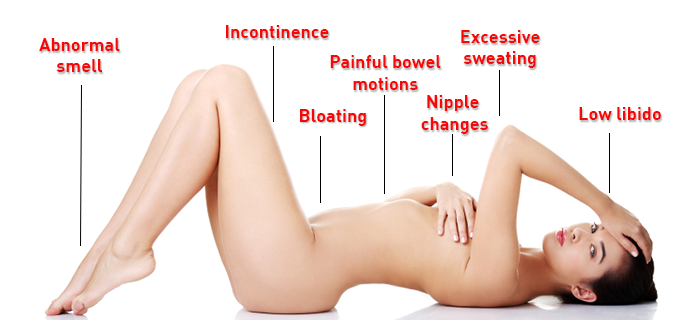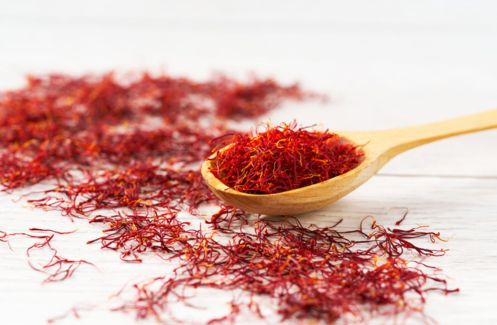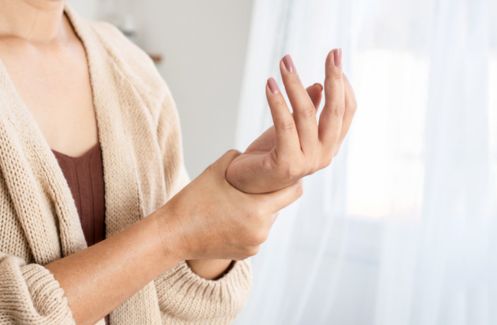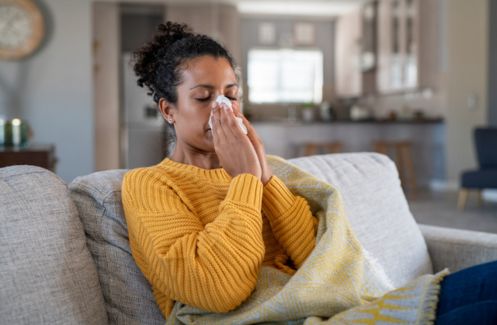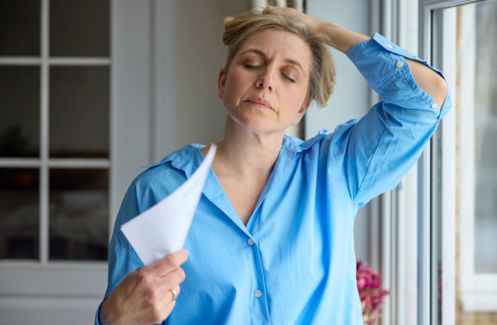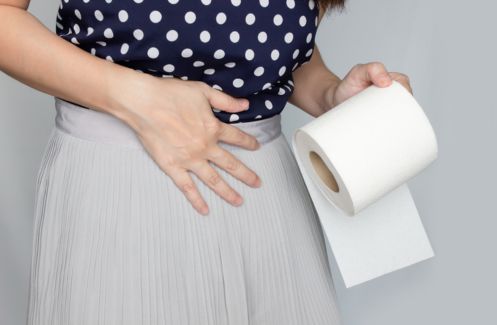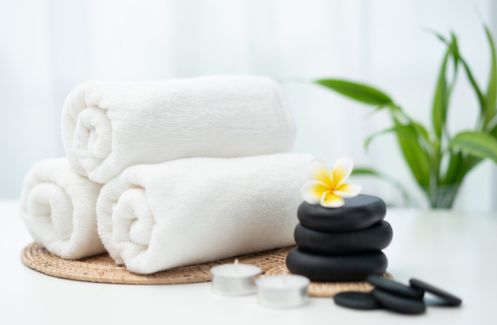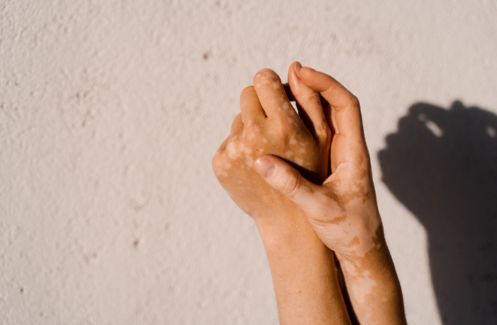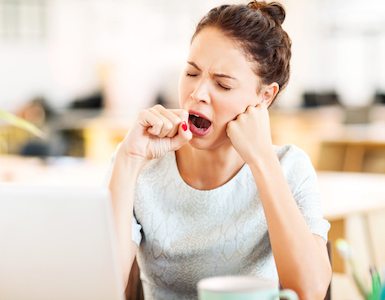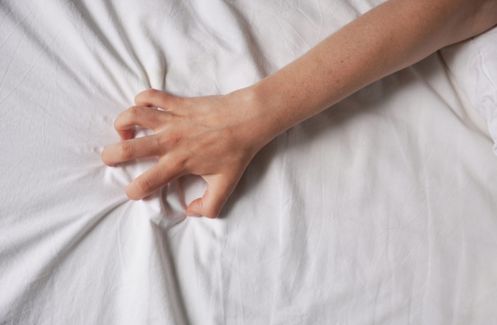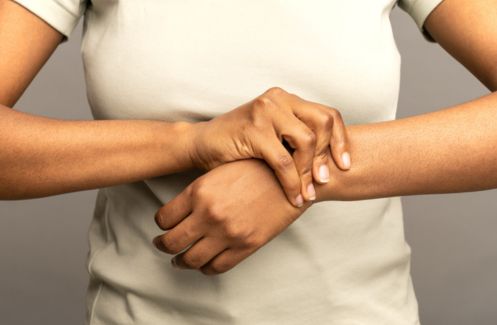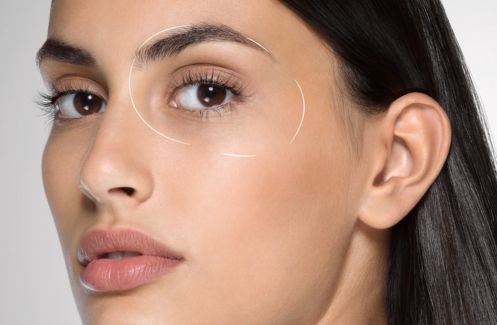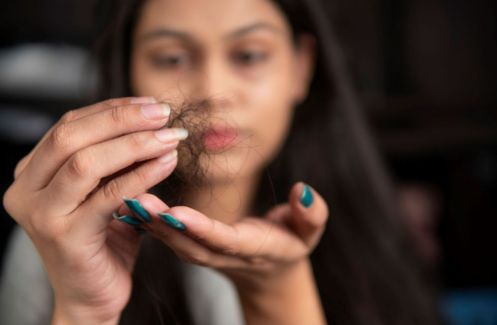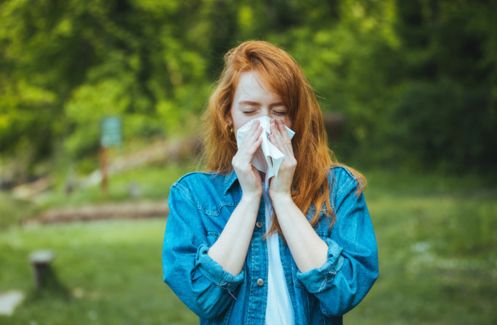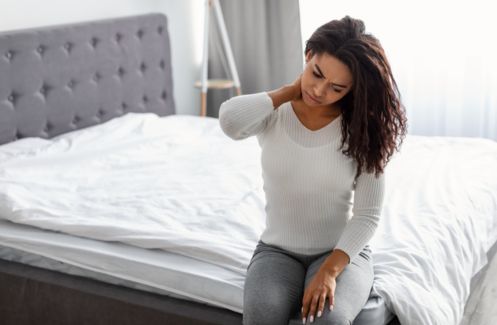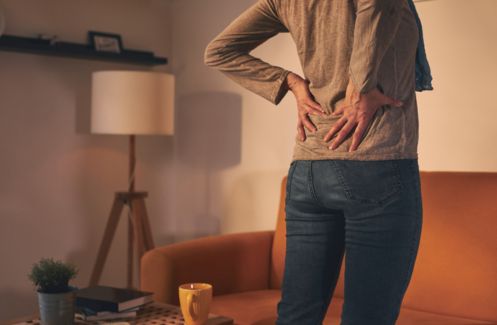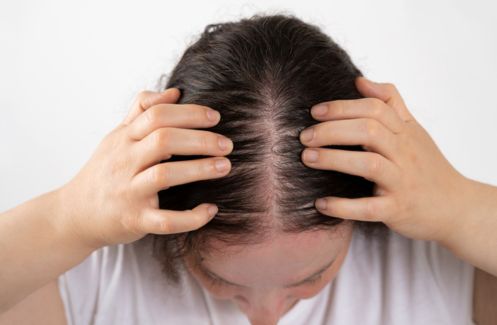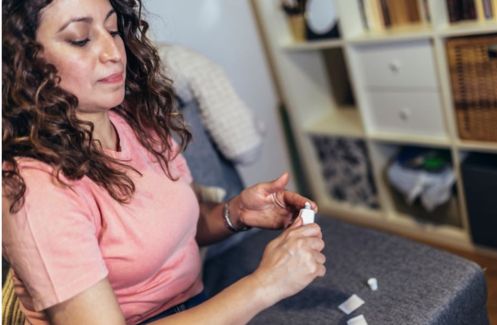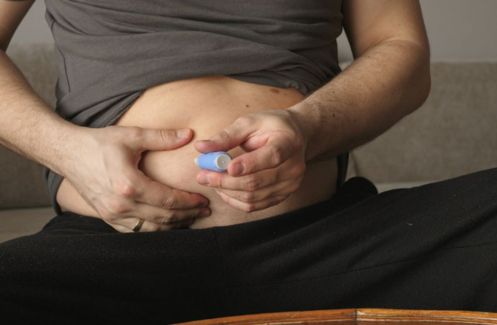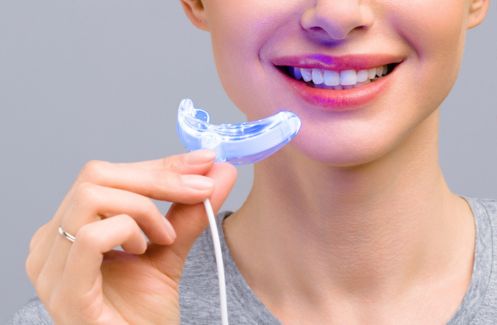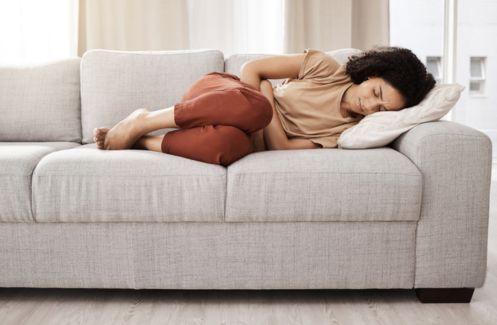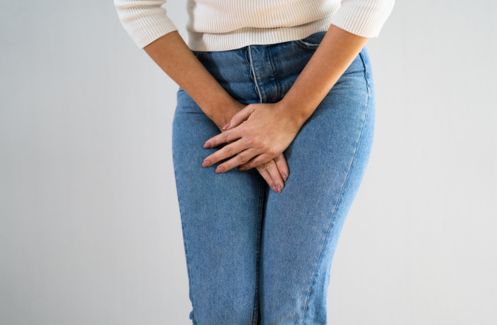Excessive sweating, painful bowel motions – embarrassing symptoms are mortifying to talk about. Healthista GP Dr Deyo Famuboni explains why you need to get over it and get down to the doctor
I would like to share with you some embarrassing symptoms that are potentially worrying that I would urge you to get checked out. You may be worried about what would happen when you see your healthcare professional. This is understandable, however we are here to make sure you are well looked after and have all appropriate tests and treatments and feel healthy. As well as discussing these signs and symptoms you shouldn’t ignore, I would also like to share with you what to expect when you see your doctor.
EXCESSIVE SWEATING

cool, get it checked out
According to the NHS, most people sweat about a litre a day but around three people in 100, produce ten times as much sweat each day. There are various reasons why sweating can become excessive. Sweating continuously, regardless of activity or stress levels, usually indicates that the sweat glands are constantly activated. This is a condition called hyperhidrosis.
Sweating helps to cool down the body.
And it can be focal – meaning, in the armpits or palms – or generalised. The cause of this can range from infections to drugs to hormone problems to idiopathic. Finding and treating the underlying reason is therefore crucial. Focal sweating can be reduced with topical preparations available on prescription, should antiperspirants not work. A referral to a dermatologist may be required as other treatment options such as ionotophoresis (the use of water currents to stop focal sweating), oral medications or botox are available.
PAINFUL BOWEL MOTIONS
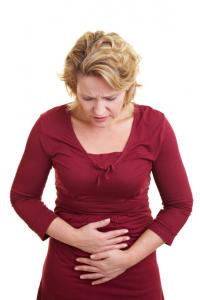
make you upset
This can occur as a result of passing stools too frequently or infrequently. It is often due to haemorrhoids or fissures around the back passage. Straining due to constipation exacerbates this as it causes trauma to the surrounding area. The pain makes you less inclined to pass stools and this can make it worse as stools get drier and more difficult to move. It is important to have this treated so as to prevent severe constipation, profuse bleeding or infection in that area. Treating constipation with dietary modifications including fibre rich foods, exercise and water is vital to help piles or fissure heal. Laxatives and topical ointments and suppositories can also be obtained from a pharmacy or prescribed. This symptom can also be associated with bleeding or lower abdominal discomfort or pain – this warrants a review by your healthcare provider. Around one in 20 people in the UK will develop bowel cancer in their lifetimes and both of these are symptoms. For a full list of symptoms, click here.
NIPPLE CHANGES

This includes leaky or inverted nipples or skin changes around the nipple area. There are several causes for this including problems with your hormones. Provided you are not breastfeeding, producing breast milk should be investigated as it may be due to an excess of the hormone prolactin, a hormone produced by the pituitary gland, named so because of its role in lactation..
Excess prolactin may be due to a benign growth in the pituitary gland in the brain.
Other causes include medications, stress, thyroid and kidney problems. These are all treatable. If left untreated, it can affect your periods, cause infertility, contribute to osteoporosis and cause pressure effects if due to the benign growth. Your health practitioner would ask further questions regarding associated symptoms. This may include your family history, menstrual cycle, contraceptive use and vision. They would then carry out an examination and might organise blood tests. Depending on their findings, a referral to a breast or hormone specialist may be warranted as you might need a mammogram, ultrasound or biopsy to check for breast cancer.
MORE: 7 ways to lower your breast cancer risk
ABNORMAL SMELL

When the natural environment in the vagina becomes upset, this can lead to an overgrowth of bacteria which causes a ‘fishy’ smell. This is a condition called bacterial vaginosis, the most common form of discharge in women of childbearing age. It might be associated with discharge and itching.
Triggers for this can include menstruation, douches and semen.
This is different from a yeast infection which causes itch with an odourless discharge and can easily be treated with an over the counter medication such as Canesten cream. Depending on your symptoms and sexual history, your doctor may examine you and take samples to rule out other infections. A vaginal gel or antibiotics may be prescribed by your doctor. Usually, bacterial vaginosis doesn’t cause further problems, however, if it occurs at certain times, such as during pregnancy, it may increase the risk of delivering earlier than expected. It is also associated with a higher risk of sexually transmitted infections and inflammation of the pelvic region so it’s worth having it treated by your doctor.
BLOATING

symptoms
Though often benign and due to eating foods or drinks that produce excess wind, bloating can also be due to other conditions. If unexplained or associated with other symptoms, for instance, urine or bowel frequency, abdominal pain, then a visit to your doctor is warranted who might test for problems such as coeliac disease, which is an intolerance to the gluten protein found in food affecting one in 100 people or fibroids, a common condition affecting up to 40 per cent of women (they’re not harmful but your doctor may treat the symptoms with medication and/or surgery). Depending on their findings, they may also do blood tests and scans to rule out anything sinister such as ovarian cancer. For more ovarian cancer symptoms, click here.
INCONTINENCE
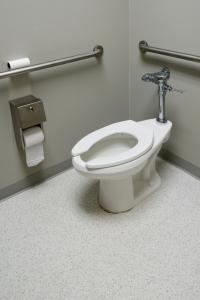
minutes can be a real problem
Women often find they leak urine when exercising, especially running, or when they cough, sneeze, lift something heavy or laugh. This is known as stress urinary incontinence (SUI) and can be due to the increase in abdominal pressure with exercise or because of an overactive bladder. The latter is known as urge incontinence. Some women have both. In addition to exercise, other causes for this include medications, weak pelvic muscles, urine infections, to name a few. Treatment options vary depending on the underlying cause. It is important to see your doctor to rule out any structural abnormalities, test your urine and direct you in the treatment path that would be more suited to your symptoms. This includes pelvic floor exercises or bladder retraining or seeing a (gynea) urologist.
MORE: The fitness gadget for your vagina
LOW LIBIDO

medication
The cause of this is complicated and could be due to physical, psychological and social reasons. Women can experience this due to hormone changes, however, mental health problems, such as depression are a common cause for this. Depression affects the chemicals in your brain which are required for a normal libido such as serotonin. There may be other symptoms of depression such as trouble sleeping, general aches, as well as feeling sad and hopeless.
MORE: 6 libido boosters
Some may be subtle and you might not put them together as being related.
Speaking to your healthcare professional can help work out wether your symptoms are due to depression or stress and also signpost you to the best treatment option for you – such as talking therapy, mindfulness or exercise therapy. Medication might be required as a last resort, depending on the severity of your situation and should ideally be one with minimal effects of libido (some antidepressants affect a woman’s libido and ability to orgasm so you might need to try a couple of different ones before settling on one that doesn’t have this effect for you).
MORE FROM DR DEYO: 10 perimenopause symptoms that could explain your aches, moods and low libido

Follow Healthista GP Deyo Famuboni on Instagram @deyof
Like this article? Sign up to our newsletter to get more articles like this delivered straight to your inbox.



